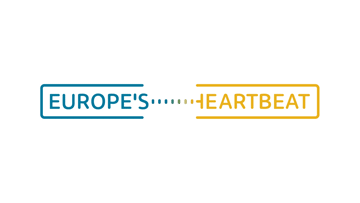The Port of Duisburg (duisport) and the Port of Rotterdam are consolidating their cooperation in the field of hydrogen and have commissioned a feasibility study. The result: The two major ports – duisport being the largest inland port in the world and Rotterdam the largest seaport in Europe – could play an important role as hubs for the hydrogen market. Both could contribute to meeting the industry's growing demand for hydrogen and its derivatives and help mediate between policymakers, industry and future players.
The feasibility study predicts a significant increase in demand for low-carbon hydrogen in NRW, with more than three million tons per year needed by 2045. Part of this demand could be met by the first hydrogen pipeline to be completed between the two ports by 2027. Hydrogen derivative pipelines and CO2 export pipelines will follow. However, additional H2 pipelines will be needed to meet demand in NRW and beyond.
Both ports are supported in their efforts by the hydrogen initiative "Hy.Region.Rhein.Ruhr e.V.", which was co-founded by duisport and has now also been joined by the port of Rotterdam.


